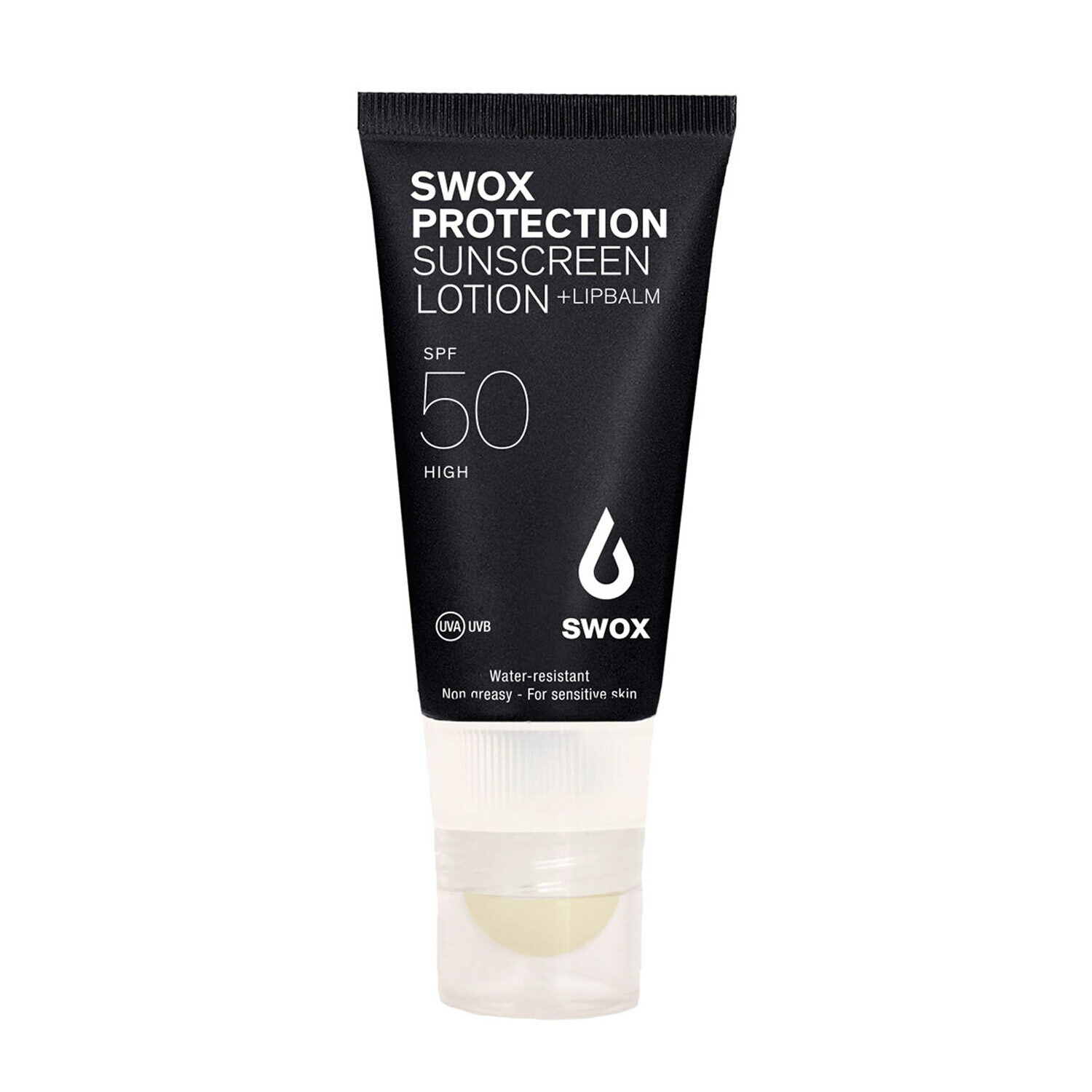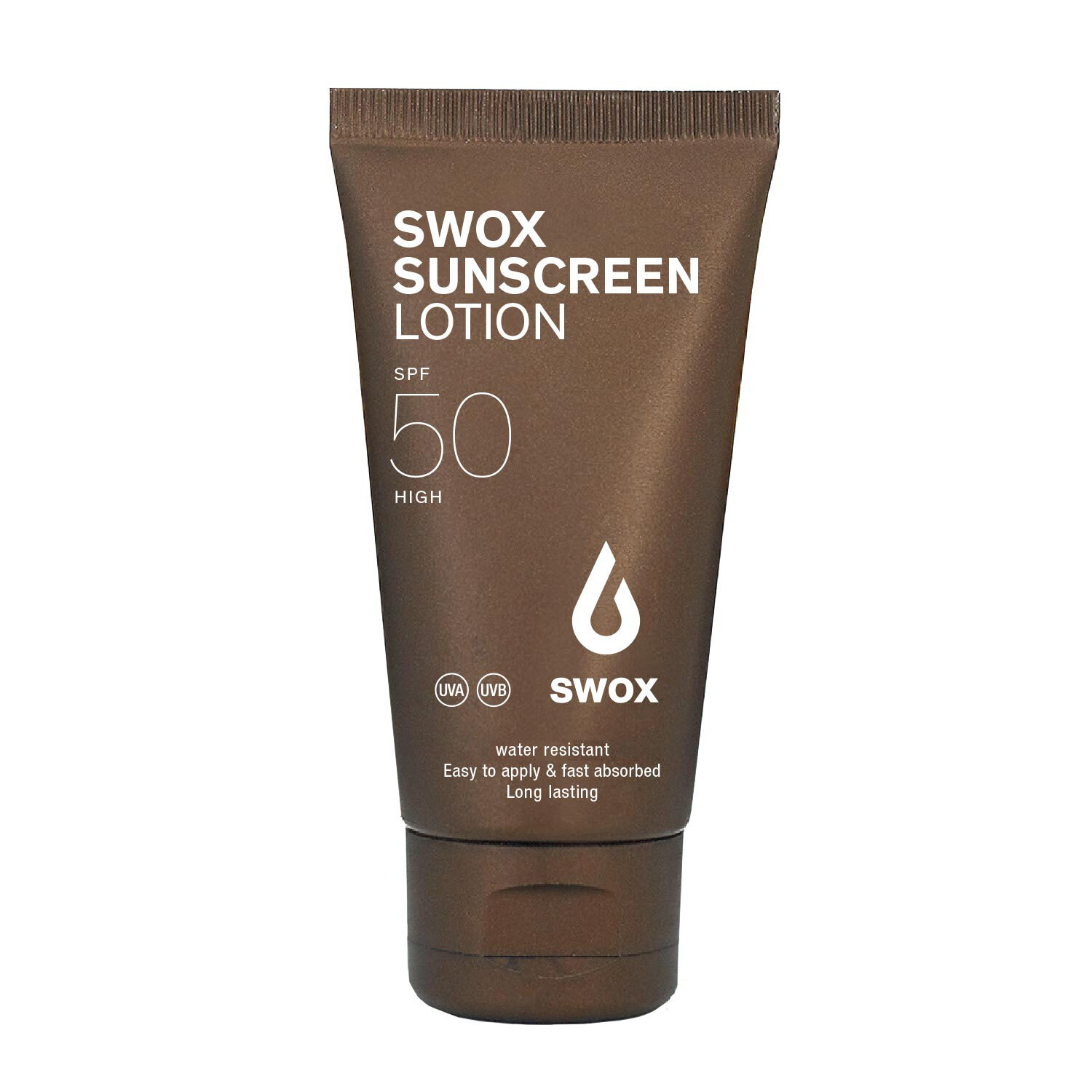Impact
The best waste barter programs worldwide: Exchange plastic for X
In the last few years, community programs built on using plastic waste as a currency for food and other important items or services have sprouted in many developing countries. Swapping food for trash tackles both, plastic pollution and poverty at the same time. The plastic barter doesn’t only work for food, but also when paying for services like public transport or school tuition for children. Learn why food-for-trash swaps are only the beginning of a long process to fight plastic pollution – especially in the ocean – and, what you can do today to support these concepts around the world. SWOX will donate 1USD per order between 6/4/2021 and 7/31/2021 to support Plastic X Change.
Plastic marine debris and the perpetrators
By now, we all know the world has a plastic waste problem – and it’s big. Yet some countries are contributing more to the amounts of plastic that end up in the ocean than others. Naturally, the longer the coastline, the bigger the chances of more plastic ending up in the ocean through rivers, beaches, and by air. It is also essential how densely populated the coastline of a country is and what type of industries are settled close to shores and nearby rivers.
Studies in recent years have attested China, Indonesia, the Philippines, Vietnam, the United States and India amongst a few others, to likely be the largest marine polluters in the world. Note again, that this is based on how much plastic from these countries ends up in the ocean, not how much plastic waste is produced by a country in general. Mismanaged plastic waste seems to be the biggest factor in this consideration. While highly developed countries can collect, treat or recycle their trash at least to a certain extend, waste management in developing countries is either underfunded or non-existent.

Plastic pollution is a complex problem
Why not using less plastic in general then, you would rightfully ask? Plastic pollution is a complex problem. Our modern society relies on being able to store food for a long time, the use of technology, and mobility and many other areas of every-day-life, which all inevitably involve the use of plastic. That is not only true for Europe and the United States but also for developing nations.
In a nutshell, just using less plastic simply doesn’t do the trick to reducing the amounts of plastic that get washed into the ocean. The communities causing the pollution or at least seeing it daily need to become more educated on how to properly dispose of it.
“One man’s trash is another man’s treasure”
The idea of letting residents exchange a certain amount of plastic trash for food, a service, or even education was born and has spread all over the world. Waste barter programs are designed to raise awareness about the need to reduce and collect waste as well as to help those in need with a meal or other services. Different programs have different approaches in terms of what is offered in exchange for waste and how the collected trash is handled in the end. Here are some of the most noteworthy waste barter programs around the globe in a nutshell:
INDONESIA
The Plastic X Change, Bali
This initiative is one of the most recent additions to the amazing plastic waste for food exchange programs around the globe. For one thing, it was founded during the Covid-19 crises, when Indonesia was facing a full-blown collapse of the tourism industry, that left many unemployed. On the other hand, Indonesia is one of the biggest ocean polluters in the world, which makes a solution for the problem even more substantial. For SWOX there’s one more reason that weighs in heavy – As surfers, most of us have seen the big plastic waste problem Bali is facing with with our own eyes – and it’s terrifying.
The Plastic X Change turns the problem of environmental pollution into an opportunity to use plastic trash as a currency for food. During the Covid-19 pandemic, many towns suffered from the lack of tourism. Trading rice for plastic was the idea of I Made Janur Yasa, owner of Moksa restaurant in Ubud. Together with the “banjars”, which are a neighborhood’s or small town’s smallest form of a local government, he is realizing the collection and exchange process.

Photo: The Plastic X Change
Plastic for rice in Bali
SWOX founder Maximilian Jagsch met I Made Janur Yasa, the founder of “The Plastic X Change” during the virtual Ultramarine Ocean Action Summit 2021. Currently, Plastic X Change is growing rapidly and is asking the global community for help. The program is giving away 1 kg of rice for 4 kg of plastic. A kilogram of rice can feed a family of 4 for one day in Indonesia.
“If I had 2 million dollars I could clean all of Bali,”
said I Made Janur Yasa in an interview.
SWOX will donate 1USD per order between 6/4/2021 and 7/31/2021 to support the Plastic X Change. $1 equals one kilogram of rice and removes 4kg of plastic.
The Plastic X Change: Learn MoreMINERAL STICK
PERFORMANCE LOTION
PERFORMANCE ZINK
PERFORMANCE LOTION





